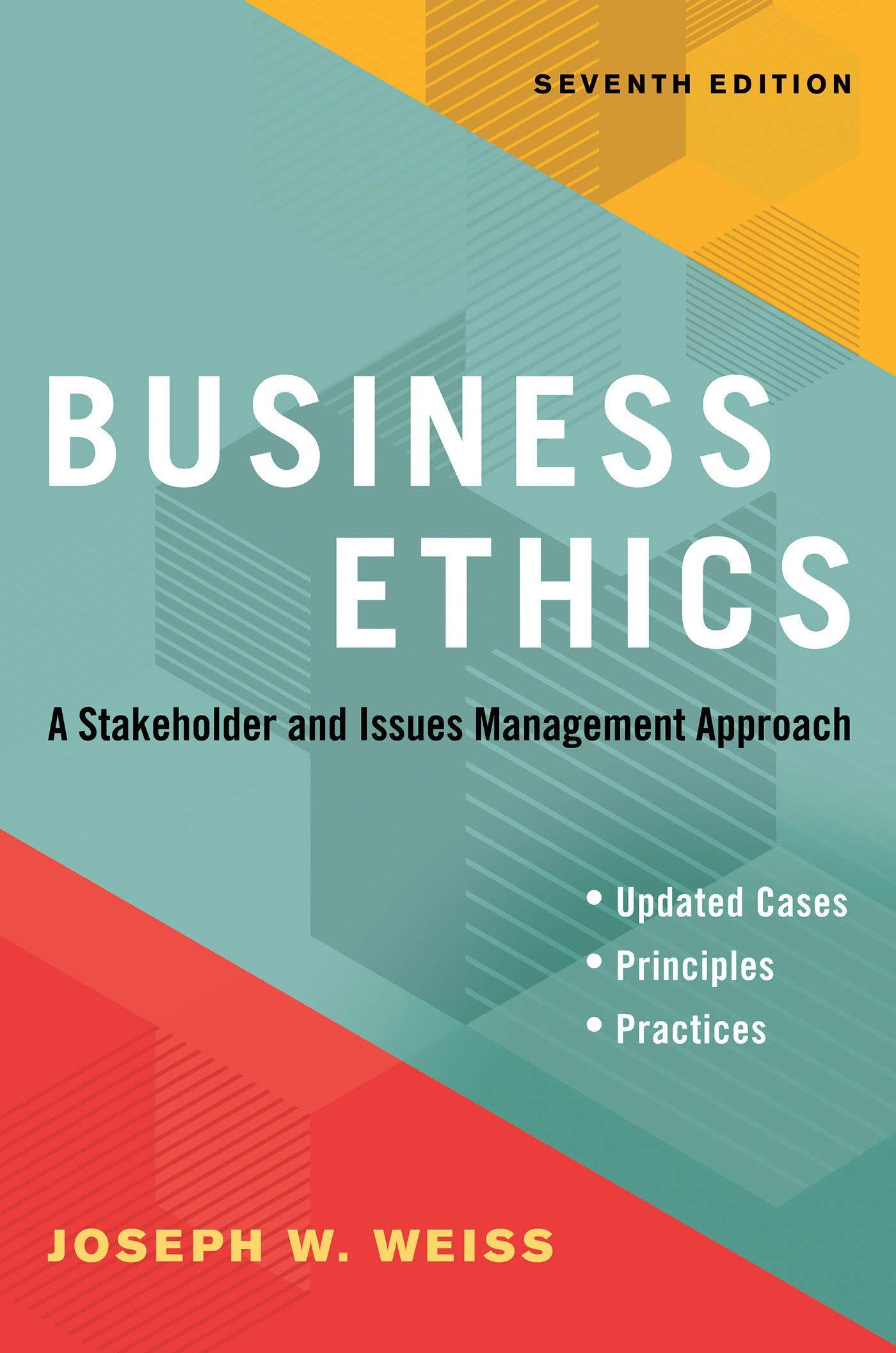Question
Hypercompetitive Capitalism Richard D'Aveni is another thinker who has continued to find new facets of strategy to explore. Most recently, in his 2012 book Strategic
Hypercompetitive Capitalism Richard D'Aveni is another thinker who has continued to find new facets of strategy to explore. Most recently, in his 2012 book Strategic Capitalism, he has scaled up the target of his strategic analysis. Like Porter before him and a number of other strategists, D'Aveni eventually shifted his unit of analysis from business or firm to government and nation and ultimately to entire economic systems. Thus, in this book he is concerned with hypercompetition between various forms of capitalism and the economic power struggle between nations and economic power blocs. In particular, D'Aveni is interested in the different models of capitalism being pursued by the United States and China.
The word iconoclast is overused, but not in the case of Richard D'Aveni. D'Aveni is a contrarian. One of the reasons we like his work is that he looks at the world differently and dares to challenge orthodoxy. His analysis is controversial. It is as provocative as it is refreshingly unflinching.
D'Aveni notes that a constant stream of headlines from China indicate that corporate America is under attack. When we talked to him, he pointed to two recent examples: the Bo Xilai scandal, a story that illustrated how business interests in China are tied up with affairs of the state, and the fact that the Fed had allowed three state-owned Chinese banks to move into U.S. markets.
Why do these stories resonate for you? Because they illustrate two profoundly worrying trends. The former shows how Chinese business is closely entwined with the machinations of Chinese politics and corruption. The latter because America is happy to open its marketsin this case the banking marketto Chinese competitors that may serve the government of China, its politics, and its corruption. Together these two trends constitute the biggest threat to U.S. national interests in decades. Today we face a turning point in American history, a time requiring reinvention. Even as the job market picks up temporarily, we are warned of a "new normal": an economy where good jobs are disappearing overseas and where wage averages are depressed by foreign competition. Tepid growth. Unstable careers. Fewer opportunities. Dependence on foreign imports for survival. Even the loss of America's position as the leader of the global economy is a possibility.
Where does the threat to the American economic power base come from? Underlying the new normal are two sources: China's aggressive economic growth and corporate America's docile response.
China has emerged from a meager capitalist adolescence to vibrant adulthood. It has mastered manufacturing so quickly that even companies as American as Apple now make almost everything in Chinese plants. China has acted so aggressively to build its manufacturing enterprises that it has taken over 2 million American jobs in the last decade. It has gained such speed that if current growth rates continue, its economy will surpass that of the United States before 2030. Meanwhile, the U.S. economy stagnates and becomes infiltrated by Chinese firms that are instruments of a nonelected, nondemocratic power seeking to supplant the United States as the world leader.
But there are alternative explanations for the current American ills. Yes; some commentators point to an aging population, for example, or technological unemployment: the tendency for ICT [information and communications technology] and other technologies to replace human labor. But my focus is on the impact of China's system of capitalism on U.S. competitiveness.
What we are witnessing, in my view, is an escalation from competition between corporations to competition between nations. The struggle between China and the United States amounts to the opening moves of a capitalist cold war.
With the rise of the new economic powerhouses, especially China, we are seeing a new form of capitalism where states compete against other states or, more accurately, their forms of capitalism compete with each other for economic success.
The famous economist Joseph Schumpeter argued that the forces of creative destruction are integral to the efficient working of a capitalist system. Schumpeter's ideas are widely accepted. I am arguing that those same forces work on the system itself, so that a better-adapted form of capitalism will eventually destroy or displace the incumbent system. This dynamic process is at work around the world.
Richard D'Aveni points out that "America is happy to open up its markets to Chinese competitors that may serve the government of China, its politics, and its corruption." Is D'Aveni on to something? If so,
what evidence do you have that he may have been ahead of the curve?
Step by Step Solution
There are 3 Steps involved in it
Step: 1

Get Instant Access to Expert-Tailored Solutions
See step-by-step solutions with expert insights and AI powered tools for academic success
Step: 2

Step: 3

Ace Your Homework with AI
Get the answers you need in no time with our AI-driven, step-by-step assistance
Get Started


